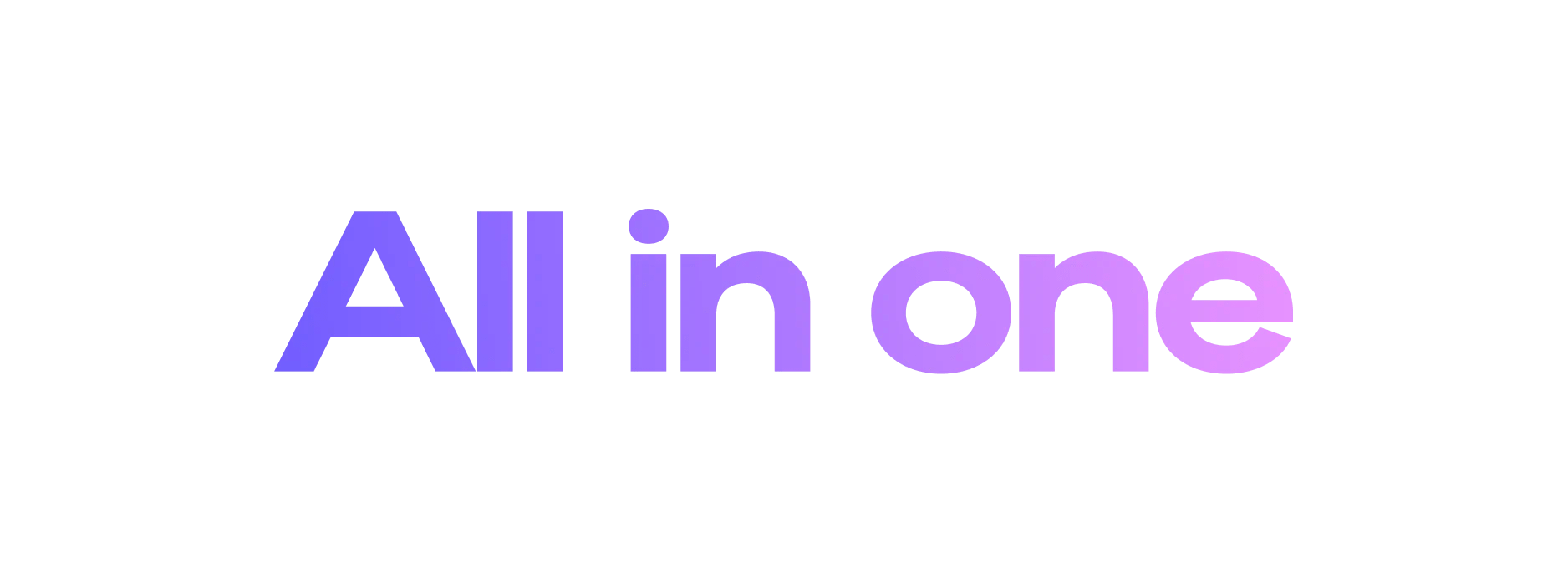It’s free to send and receive money, stocks, or bitcoin** within Cash App.
Cash App is a financial services platform, not a bank. Banking services are provided by Cash App’s bank partner(s). Prepaid debit cards issued by Sutton Bank. Brokerage services by Cash App Investing LLC, memberFINRA/SIPC, subsidiary of Block, Inc. Bitcoin services provided by Block, Inc, formerly known as Square, Inc.
Settle up those tabs

All it takes to pay someone is their phone number, email, or $cashtag. You can even scan their QR code straight from the app.

Keep track of your coin
You’ll see your balance updated immediately so you always know when a payment went through.
It’s not just for money

Send and receive stocks and bitcoin just like you would money.
Brokerage services by Cash App Investing LLC, a subsidiary of Block, Inc**. Bitcoin services by Block, Inc, not by Cash App Investing LLC.
Download Cash App
Download CashApp to get started
DownloadCashApp
Common Questions
Does Cash App charge a fee to send or receive money?
It’s always completely free to send or receive money on Cash App. There’s no fee to transfer money, and most payments deposit directly into your bank account in minutes.
International transactions are also fee-free. When you send a payment to either the UK or EU it’s converted based on the mid-market exchange rate at the time of the transaction, and your recipient will receive the funds in their local currency. There’s no extra charge.
Do I need a balance before I can transfer money?
Nope, if you don’t have money in your Cash App balance, Money will be drawn from a linked bank account or card. There are a few different ways you can add money to your balance.
Link a bank account:
Cash App works better when you link an existing bank account. Once you do, you can add money from your bank account to your Cash App balance so it’s quick and easy to send it. Linking your bank account makes receiving money easier too. When you cash out, your payments deposit instantly into your bank account.
Deposit paper money in stores:
You can deposit money into your Cash App balance at many participating retailers.
Set up direct deposits:
You can also deposit paychecks, tax returns, and more to your Cash App balance using your bank account and routing number. You can receive up to $25,000 per direct deposit, and up to $50,000 in a 24-hour period.
Cash App makes direct deposits available as soon as they are received, up to two days earlier than many banks. Your first deposit may take longer to become available depending on your employer.
Can I send money to someone who’s not on Cash App?
You can send money to anyone in the world with a phone number or email address.
If they’re not already using Cash App, they’ll be prompted to create an account to accept the payment. If they don’t create and verify their account within 14 days, the payment gets returned to you.
So, how does Cash App keep my money safe?
Cash App protects millions of people’s payments each month. Cash App is built on one secure platform, with advanced security features to power and protect your personal information and every single transaction that happens on the platform.
How does Cash App keep my account safe?
Cash App uses cutting-edge encryption and fraud detection technology to make sure your data and money are secure. Any information you submit is encrypted and sent to our servers securely, regardless of whether you’re using a public or private Wi-Fi connection or data service.
Is my Cash App balance insured by the FDIC?
If you have a Cash App Card, the money in your Cash App account balance is covered by the FDIC through our partner banks (this is called FDIC “pass-through” insurance) in the event of bank failure. The FDIC will cover eligible accounts up to $250,000 per Cash App customer. Bitcoin and investing balances are not covered by FDIC insurance.
Does FDIC cover money lost due to fraud?
No, FDIC offers insurance on deposits by institution, meaning that if your bank goes out of business, your money is protected up to $250,000. Insurance coverage is not provided for individual transactions.








